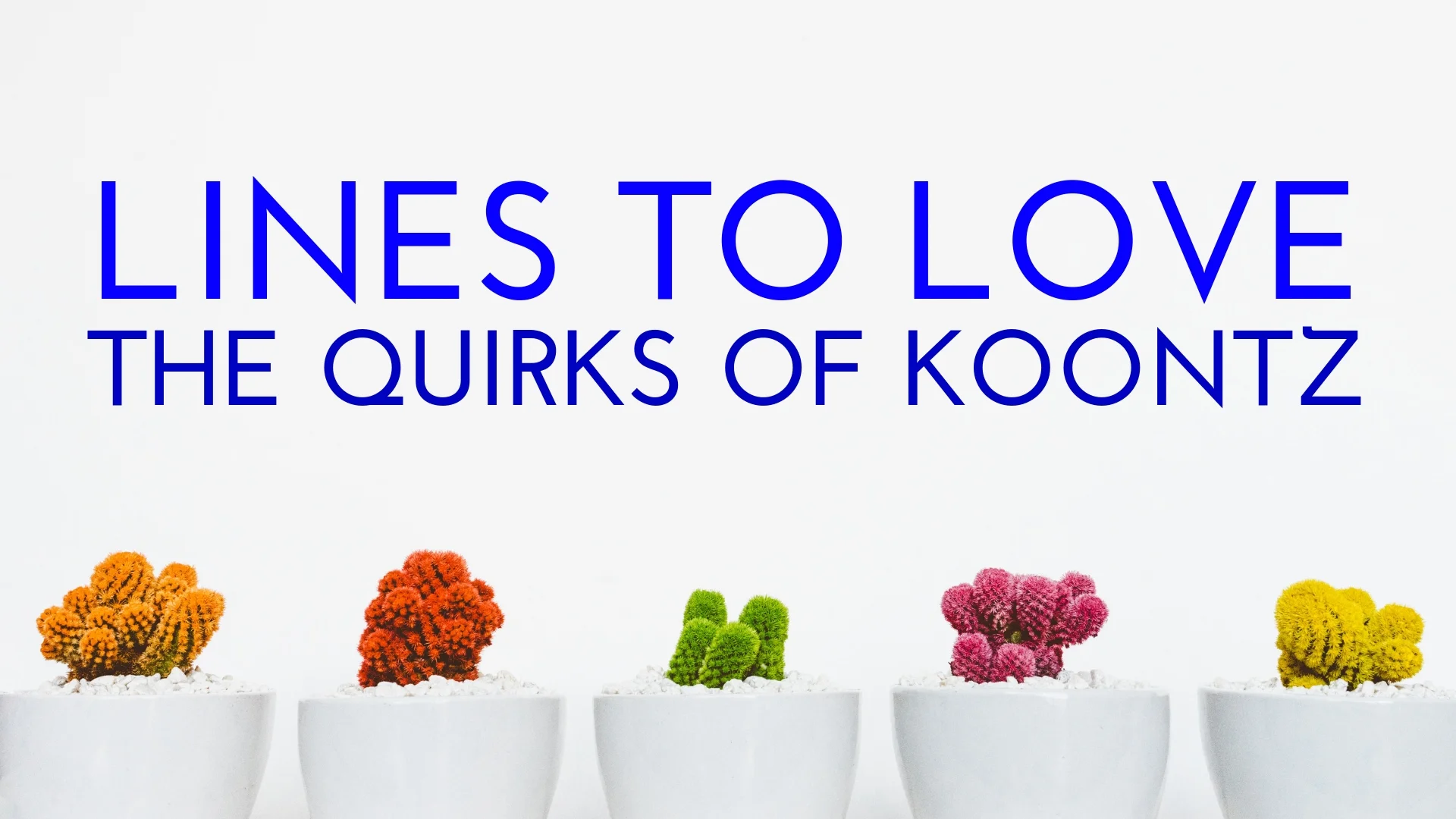Lines to Love: The Glad Game
When I was growing up, my friends and family could be heard referring to be as a little Pollyanna. While that could be because my parents dressed me in fashions that evoked the sweetness of girlhood, I think it had more to do with the positive attitude I seemed to always exude. I’m thankful to say that attitude has grown with me into adulthood.
To be called a Pollyanna today is almost seen as a criticism. However, I posit that rather than a negative, being a Pollyanna is one of the best things you could be.
If you’ve read the children’s book Pollyanna by Eleanor H. Porter, then you’ll be familiar with how a little orphan girl with nothing to recommend her transforms a small town from crotchety curmudgeons to compassionate, kind, and happy people. That’s a tall order for one so small. Yet, she accomplishes it.
How is a little girl able to affect such change in so many people? She teaches them how to see.
There’s a big difference between looking at a thing and truly seeing a thing. To truly see something means that you’ve developed an understanding about it. You’ve looked at it and processed it so you understand what you’re looking at.
When Pollyanna is out about the countryside, walking and singing and generally being a little girl at the turn of the 19th Century, she happens upon the Reverend as he’s composing his sermon for Sunday service. In her guileless manner, she engages him in conversation. Her deceased father was a minister, after all, so she’s curious about what the sermon’s topic will be for that week. In the course of their conversation, Pollyanna ends up telling the Reverend about an interesting discovery that her father had made when was going through a difficult trial in his life and feeling rather sorry for himself. He decided to count how many times the Bible exhorted him to be glad and rejoice. When the Reverend asked her if that helped improve her father’s mood, here was her reply:
This small conversation is transformative for the Reverend. Most often his sermons are weighty and wrathful. But, after considering what Pollyanna had to say and then opening his bible and really seeing what was written there, his sermons begin to change, exhorting his congregation to dwell on glad tidings of great joy even in the midst of sorrows and disappointments.
Pollyanna is perhaps most known for the Glad Game. Her father had taught her how to play the game when she was a child. Daughter to missionaries, Pollyanna always looked forward to the missionary barrels that would sometimes include a trinket or toy for her. She was really hoping for a doll. However, when the barrel arrived, it didn’t contain her coveted doll, but rather a set of crutches. But what could there be to be glad about a set of crutches? Pollyanna’s Aunt Polly asked just the same question.
That’s the lesson of the Glad Game.
Mind you, when Pollyanna first starts talking about the Glad Game, many of the adults around her are dismissive. To find something for which to be glad in every circumstance is not an easy task. It requires fortitude of mind to shift one’s thoughts from the disagreeable and search out something for which to rejoice. But I like how Pollyanna herself describes the game.
Fun when something’s hard? That’s can’t be. But we all know the truth of this. When we’ve tackled a difficult task and mastered it, the hardship translates to a supreme sense of accomplishment which makes us glad we stuck to it in the first place.
But what about when things go hopelessly awry? When our hopes are disappointed?
Disappointment is a weighty thing. If we allow ourselves to wallow in it, it will ultimately lead to depression. But, if we purpose in our hearts to find things for which to be glad, even in the face of disappointments and misfortunes, we draw more gladness into our lives.
By teaching everyone she encountered the Glad Game, Pollyanna actually produced a community around her that could undergird her when a misfortune of great magnitude strikes her. When she’s faced with the prospect of being a cripple for the rest of her life, the buoyancy we are accustomed from the indefatigable youth disappears. She doesn’t feel like playing the Glad Game anymore. She doesn’t feel like looking for something for which to be glad. She’s clothed herself with sackcloth and ash and has no desire to crawl out from her shell.
However, because the truth and importance of the Glad Game has already had ripple effects through the town, no one- and I mean no one- will allow her to stop playing the game. And because they refuse to let her slip into her sorrow, Pollyanna becomes resilient. It’s the resiliency of her spirit that allows her body to undergo miraculous healing.
Dear readers, the Glad Game is nothing more than the purposeful intention of finding something to be thankful for in every single situation, no matter how dire. And it's no coincidence that this truth is eloquently written in a children’s book. Eleanor H. Porter herself knew how hard this truth would be for the adult world to swallow. She write in her book Pollyanna Grew Up:
Pollyanna is the pure embodiment of the childlike wisdom we often forget to hold on to in our adulthood. So, in the spirit of purposeful thanksgiving, let’s take a page out of Pollyanna’s book and play the Glad Game. What do you have to be glad for today, dear readers?













































